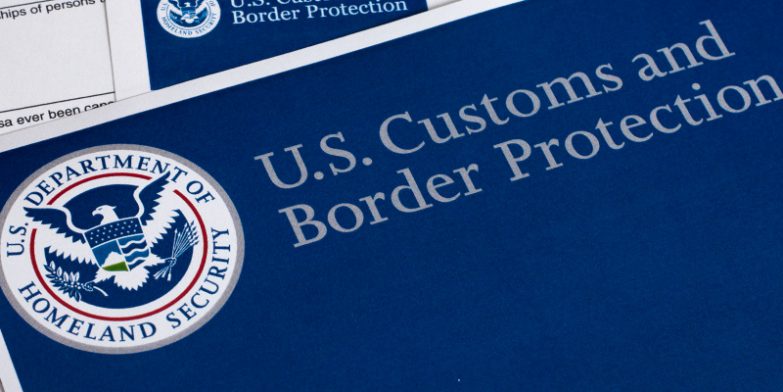
With tariffs rising and enforcement accelerating, compliance has moved from the back office to the boardroom, and businesses must treat customs risk as a core operational and reputational issue, to stay ahead of regulatory expectations.
The introduction of sweeping new US tariffs is creating intense cost pressures for importers worldwide. At the same time, US, UK, and EU regulators are sharpening their focus on tariff compliance, treating missteps not simply as administrative errors, but as forms of tax evasion. In this environment, maintaining trade compliance is no longer optional — it is a business-critical risk management priority.
Practices such as mis-declaring country of origin, undervaluing imports, or misclassifying goods carry significant financial and criminal risks. Recent cases — such as a Florida-based importer evading $42 million in duties, a £3.2 million settlement in the UK for export breaches, and a €1.1 billion customs probe into a major European brand — highlight the scale and seriousness of enforcement.
In March 2025, a flooring company based in San Francisco agreed to pay $8.1 million to settle allegations that it falsely declared Chinese-manufactured multilayered wood flooring as originating from Malaysia. The scheme enabled the company to evade significant antidumping and countervailing duties, along with Section 301 tariffs. In a wake-up call to importers, the Department of Justice underlined that customs fraud of this nature is being treated as a serious form of tax evasion and will be aggressively prosecuted.
What Importers Need to Know
Following the April 2025 introduction of baseline and “reciprocal” tariffs by the US government, duties on many imports have increased dramatically — with cumulative rates exceeding 50% for some countries. This surge in tariffs has heightened the temptation to sidestep duties, but the consequences of doing so are severe. In the US, violations can trigger False Claims Act proceedings, civil penalties, and even criminal conspiracy charges. In the UK and EU, regulations such as DAC6 and the Criminal Finances Act expand reporting obligations and corporate liability for customs breaches.
Our customs experts advise on compliant country-of-origin declarations, optimise duty payments through legitimate classification, and help assess supply chain risks.
How We Help Importers
- Structure shipments to ensure that routing and valuation practices stand up to regulatory scrutiny.
- Conduct full audits of customs documentation, supply chains, and third-party partners.
- Provide guidance on trade compliance risks across procurement, logistics, and finance teams.
- Assess exposure under DAC6 and related reporting frameworks for cross-border transactions.
Make informed, compliant, and cost-effective decisions with guidance from our global team of trade and customs experts.
For the US EMAIL Marta or EMAIL Fernando in New Jersey today to start the conversation.





